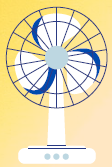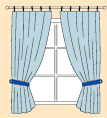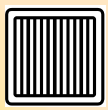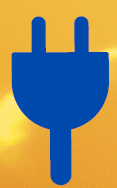Summer Energy Saving Tips
Summer Energy Saving Tips

Set Your Thermostat and Forget It
A smart or programmable thermostat can keep your home cool when you need it. Set your thermostat to 78° when you are at home. Set it to a higher temperature when you are away. Upgrading your thermostat will pay off in winter, too. Most U.S. households can save up to $180 in annual energy costs.

Feel the Breeze
If you use a fan and air conditioner simultaneously, you can raise your thermostat setting by four degrees yet keep the same level of comfort you felt on the cooler setting. Set your ceiling fan’s blades to spin counterclockwise to create a cool breeze. Remember that fans cool people but not rooms. Use fans only in rooms that are occupied.

Keep the Heat Out
Close your curtains and blinds during peak hours of the day to help keep the sun's heat out.

Air Flow
Cleaning or replacing your air filters monthly helps your A/C run smoothly and efficiently. Dirty air filters can block airflow, making your system work harder to keep you comfortable. Clear spaces around your air returns and vents to prevent airflow blockage.

Check Your Insulation Levels
Did you know that 9 out of 10 homes in the U.S. are under-insulated? You could be wasting up to 20% of the energy used to heat and cool your home through air leakage and poor insulation. Go into your attic and measure the insulation level. If you find low insulation levels, get advice on how to insulate and seal your attic
for comfort and savings.

Unplug Energy Vampires
Appliances, electronic devices and battery charges that are plugged in but not in use are referred to as " Energy Vampires". Unplug electronic devices and chargers when not in use and use power strips. Consider energy-saving settings, which are often available on newer equipment and appliances.

Switch to LED Light Bulbs
Still have old incandescent bulbs? They lose 90% of their energy as heat. By replacing just five of these bulbs with LEDs, you can save up to $100 per year in energy costs. Remember to turn off lights when not in use.
